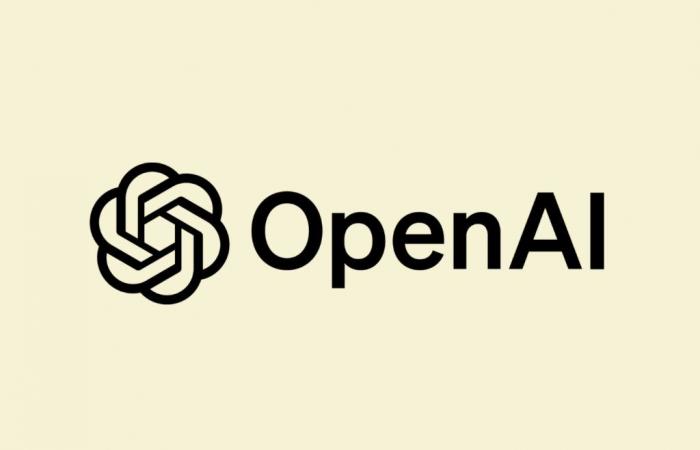OpenAI faces several lawsuits for unauthorized use of content to train its AI models. Although one complaint was dismissed, the plaintiffs, Raw Story and AlterNet, plan to restate their accusations.
Tl;dr
- OpenAI is facing several lawsuits for using content without authorization.
- A judge recently dismissed one of those lawsuits.
- The plaintiffs, Raw Story and AlterNet, do not intend to give up their fight.
OpenAI faces legal action
OpenAI, one of the leading organizations dedicated to artificial intelligence, is currently at the center of several legal controversies. The firm is accused of having used, without explicit authorization or adequate compensation, the content of various publications and works to train its language models on a large scale.
Rejection of a complaint by a judge
Recently, a judge dismissed one of those lawsuits. Indeed, Judge Colleen McMahon, of New York, decided not to pursue the complaint filed by Raw Story et AlterNet. These two media accused OpenAI of having used their articles to train its AI without their consent. Unlike other lawsuits, their complaint did not argue that OpenAI infringed their copyright, but focused on the DMCA provision that protects “copyright management information.”
Removing copyright information
The plaintiffs argued that OpenAI removed author names, titles, and other metadata identifying their copyright from articles used to train its language models. Justice McMahon explained that the plaintiffs had failed to demonstrate that they had suffered “identifiable harm” as a result of these actions. She also said the harm they cited was “not the type of harm that has been elevated” to justify legal action. According to her, the likelihood of ChatGPT producing plagiarized content from one of their articles appears low.
The fight continues for Raw Story and AlterNet
Despite the rejection of their complaint, Raw Story et AlterNet do not seem ready to give up their fight. According to their lawyer, they are “certain [qu’ils] may address concerns identified by the court through an amended complaint.”






